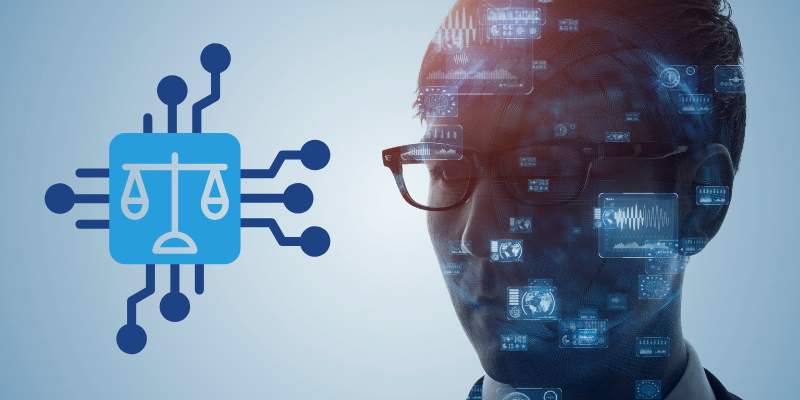
Digital Resurrection or Ethical Rupture? AI Avatars of the Dead Stir Debate in Journalism
A recent AI-powered interview featuring an avatar of Parkland shooting victim Joaquin Oliver has reignited debate over the ethical limits of artificial intelligence in storytelling and grief.
The segment, conducted by journalist Jim Acosta, provoked both heartbreak and outrage—and raised urgent questions about where compassion meets manipulation.
In this deeply personal act of advocacy, Joaquin’s father, Manuel Oliver, collaborated with Acosta to present Joaquin’s voice via AI, hoping to use the interview as a poignant reminder of the continuing fight against gun violence.
Digital Heartstrings or Public Unease?
For some viewers, the sight of Joaquin’s AI avatar—monotone, jerky, albeit moving—felt unsettling. Critics questioned whether this kind of representation crosses from tender remembrance into something… unsettling.
Others, however, saw it as a revolutionary form of emotional expression, one that allows grief-stricken families to continue giving voice to their loss when traditional platforms fall silent.
A Mirror to Grief—and a Challenge to Ethics
As AI enables the reanimation of voices from beyond the grave, society faces an unprecedented ethical dilemma: Should grief be mediated through the tools of emerging technology?
Some bereaved parents already use AI-generated calls to advocate for policy change, such as Joaquin’s voice asking lawmakers to listen. But scholars warn that without regulation, these digital reproductions can blur reality and erode boundaries between life and mourning.
Journalistic ethicists argue that such depictions must adhere to longstanding principles—truthfulness, respect for the deceased, and harm limitation. When AI stands in for a child who was silenced forever, we tread into morally fraught territory.
The Path Forward: Compassion with Caution
There’s no one-size-fits-all answer here. Conversations around posthumous AI must balance empathy with editorial restraint.
Could we harness AI’s emotional power while preserving dignity? Perhaps through explicit disclosure, family consent, and limiting usage to specific contexts like advocacy or memorialization.
Writers, technologists, and lawmakers alike must collaborate to set guidelines that honor both grief and the fragile nature of memory in the digital realm. Because once these avatars exist, they don’t just speak for the dead; they speak for the living who carry their legacy.
Related Sources on This Story:
- Public Backlash Over AI Talk with Parkland Victim – covering reactions ranging from outrage to sympathy.
(thedailybeast.com) - AI Avatars Raise Ethical Alarms – exploring how society is preemptively grappling with digital resurrection.
(axios.com) - Where Are AI Ethics Headed in Newsrooms? – academic insights into growing concern over AI’s role in journalism.
(magdalene.co)





















